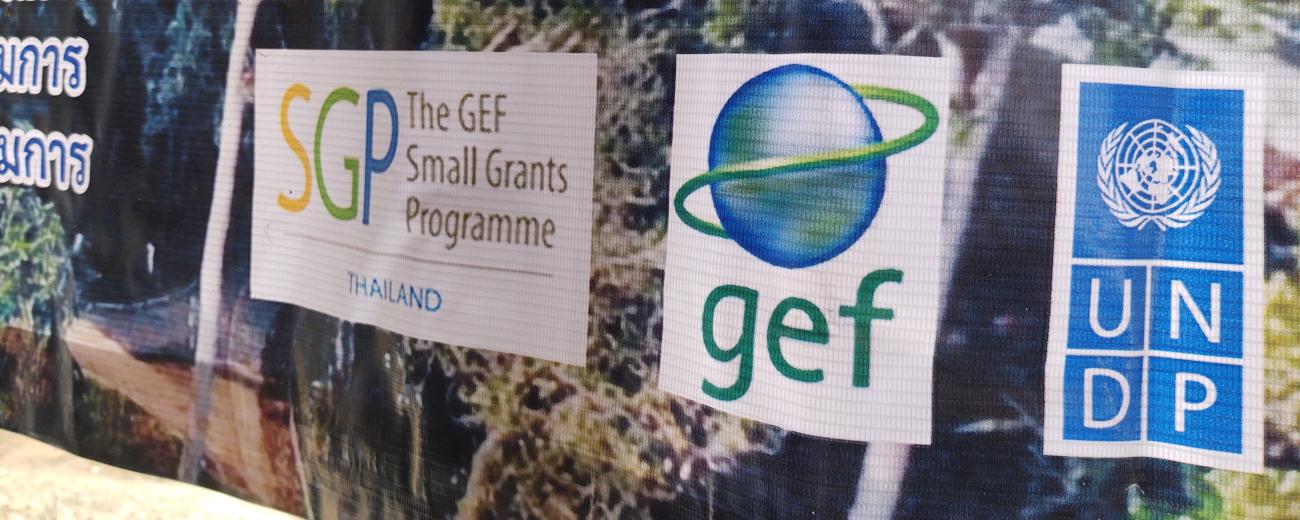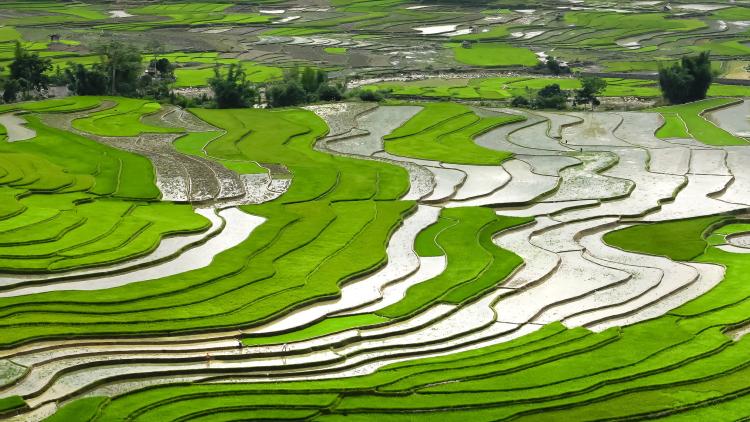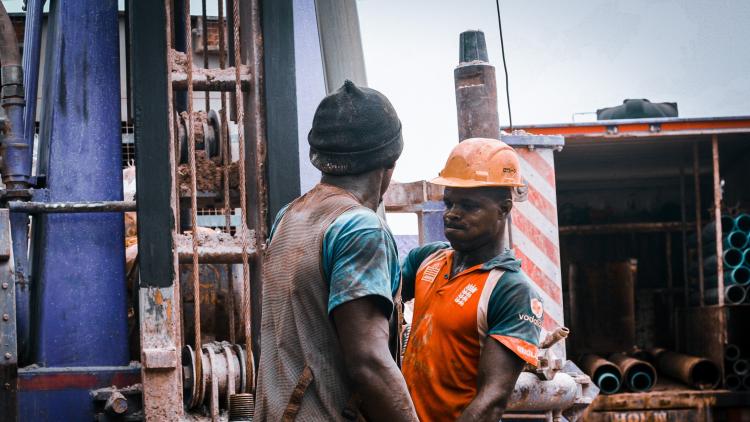The AGRUMIG project: "Leaving something behind"


Overview
The unprecedented levels of migration in today’s globalised economy are shaping the social, economic and political fabric of both sending and receiving countries like never before – and the process of governing this transformation remains one of the most challenging policy issues of our times. What receives less attention is what happens in the communities facing demographic transformation due to the outflow of labour.
The AGRUMIG project shifts the focus of research to the sending communities in the low and middle income countries which are the source of a majority of the world’s migrants, and in particular, to the agrarian sector.
The project provides a comparative analysis of seven countries (China, Ethiopia, Kyrgyzstan, Moldova, Morocco, Nepal and Thailand) to understand the economic, institutional, cultural and agro-ecological factors which mediate the outflow of labour, and most importantly, how this demographic change feeds back to shape the trajectory of rural change in sending regions.
In the process, AGRUMIG proposes an integrated approach to migration governance which moves beyond the regulation of migration flows, oriented instead to harnessing the flows of knowledge and cash from migration to support equitable agrarian change, while simultaneously addressing the larger structural constraints and stresses which mediate the flows of migrant labour. The project has the overall aim of identifying interventions in the field of policy and practice which have the potential to harness migration to stimulate sustainable and gender equitable growth in agriculture and reduce the distress associated with migration.
Methods
The AGRUMIG project will use a survey and participatory tools to explore the drivers of migration and the impacts on the agricultural/rural sector. A Qualitative Comparative Analysis will identify contexts through which unique relationships are realised. It will secondly engage with the policies and practices of diverse governance actors through dialogue, literature reviews and interviews to understand how they mediate the migration-agrarian/rural change interface. It will thirdly undertake an iterative process of dialogue with stakeholders to identify frameworks for integrated migration governance which harness the positive impacts.
Impacts
A key contribution to the work programme is the identification of strategies to promote safe and regular migration through supporting change in sending regions. AGRUMIG will outline longer term evidence based governance solutions, supported by comparative analysis and tangible indicators, which are sensitive to the role of migration in larger livelihood systems as well as the contexts through which favourable impacts can be captured. It will analyse existing governance regimes to build upon, including labour treaties or EU partnership agreements, national migration or agrarian policies, international development aid, or grassroots initiatives by diasporas or returnees.
For details of all activities please visit the project website.
Funding
This project has received funding from the European Union’s Horizon 2020 research and innovation programme under grant agreement no 822730.

